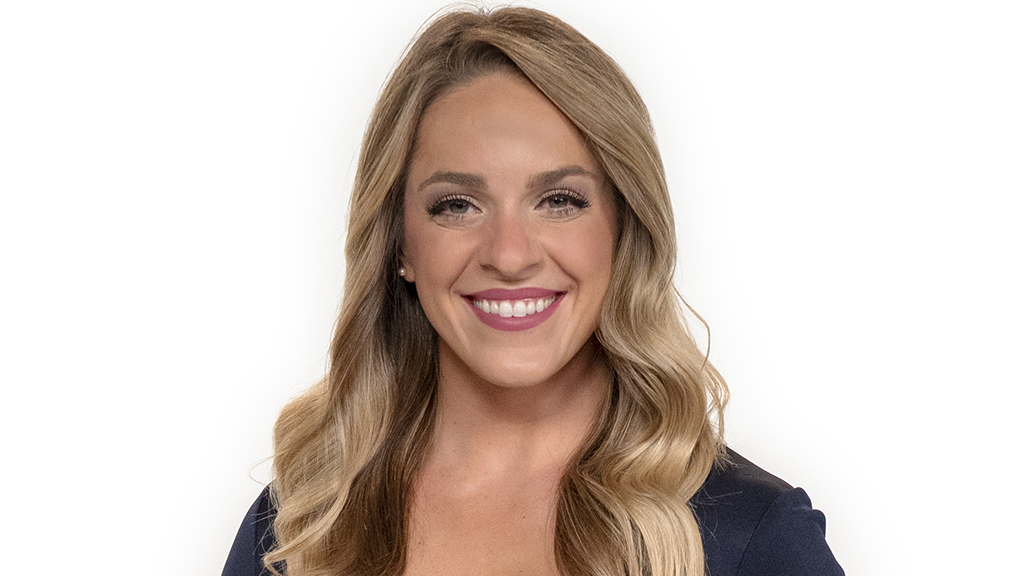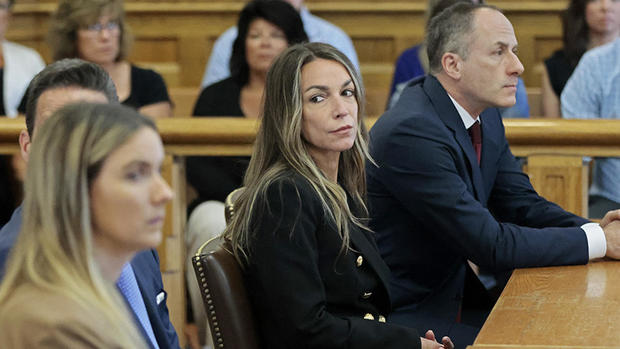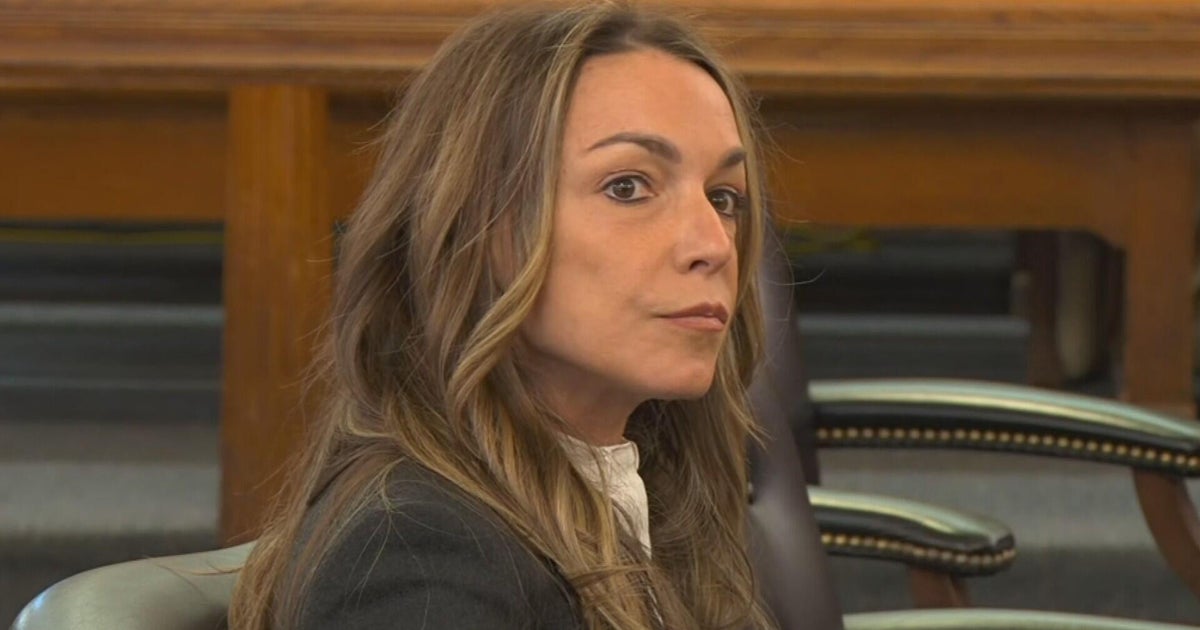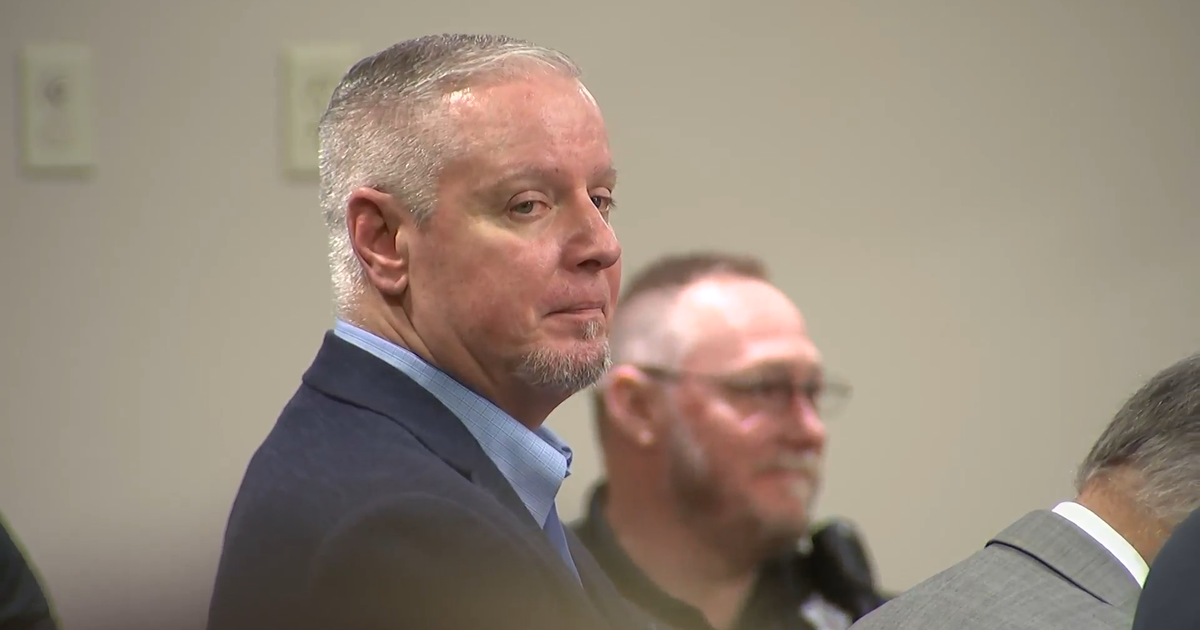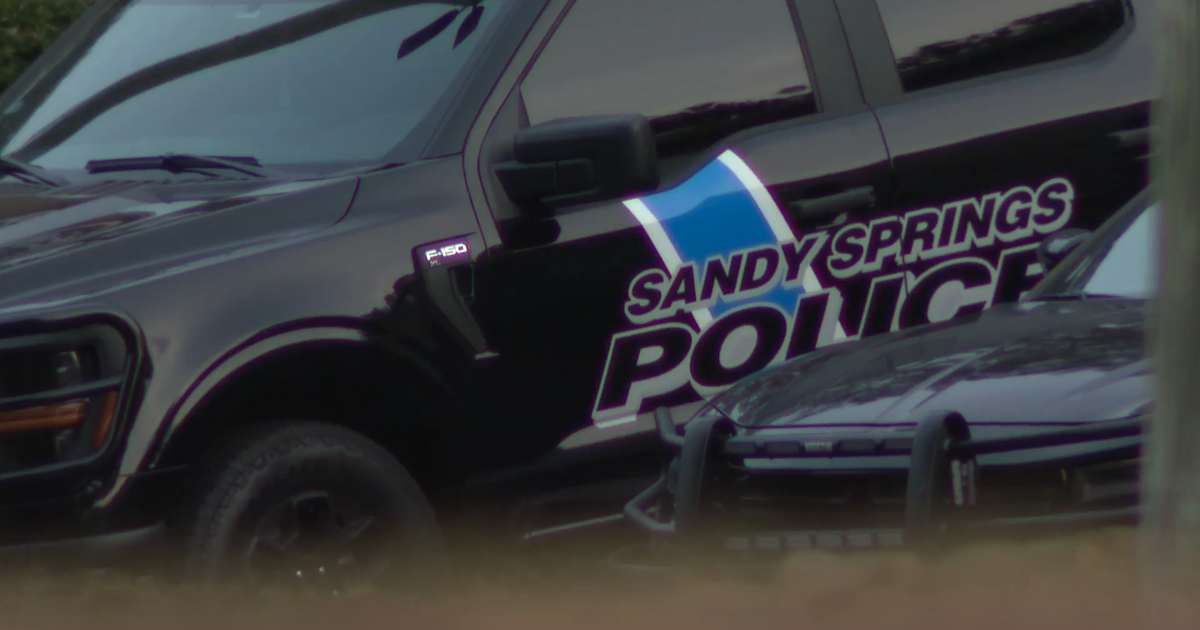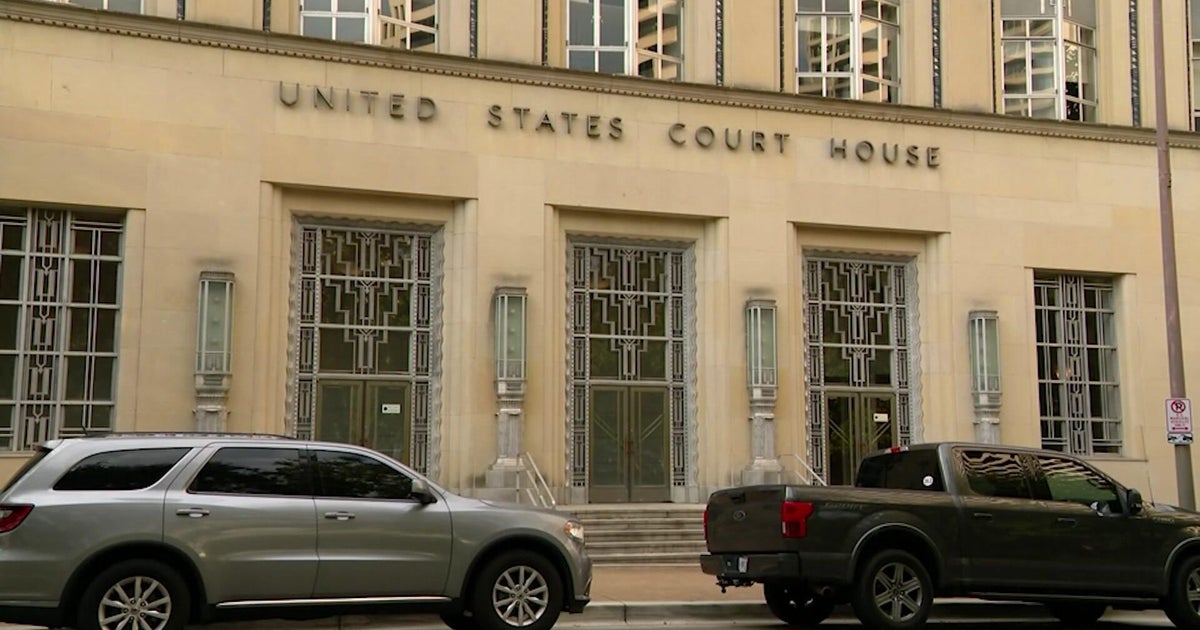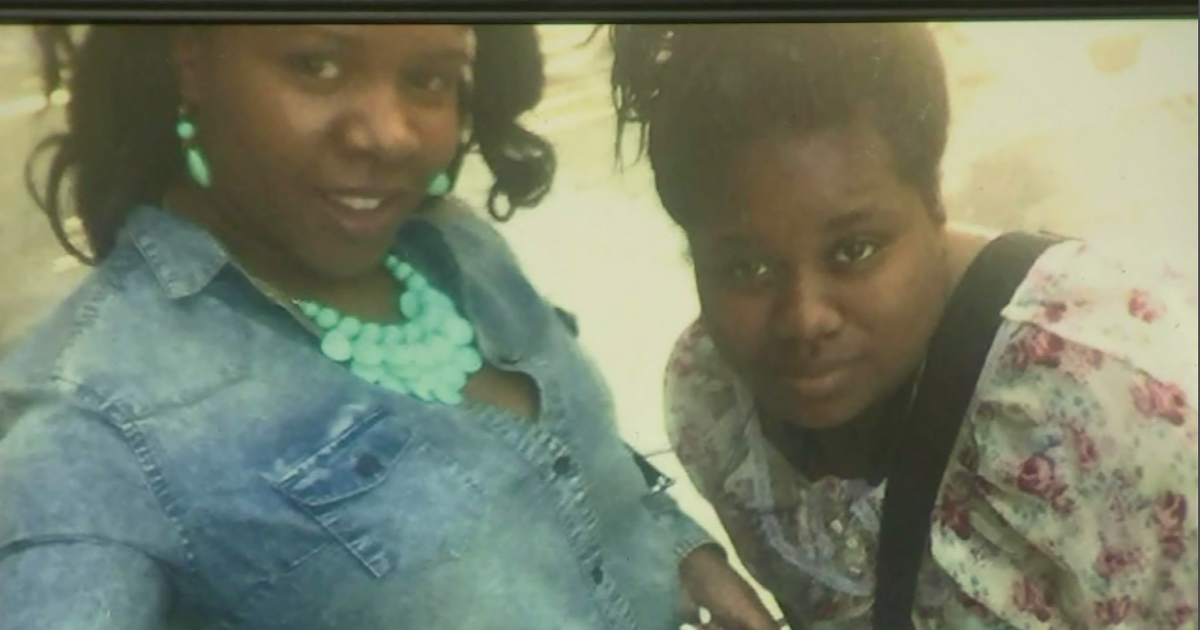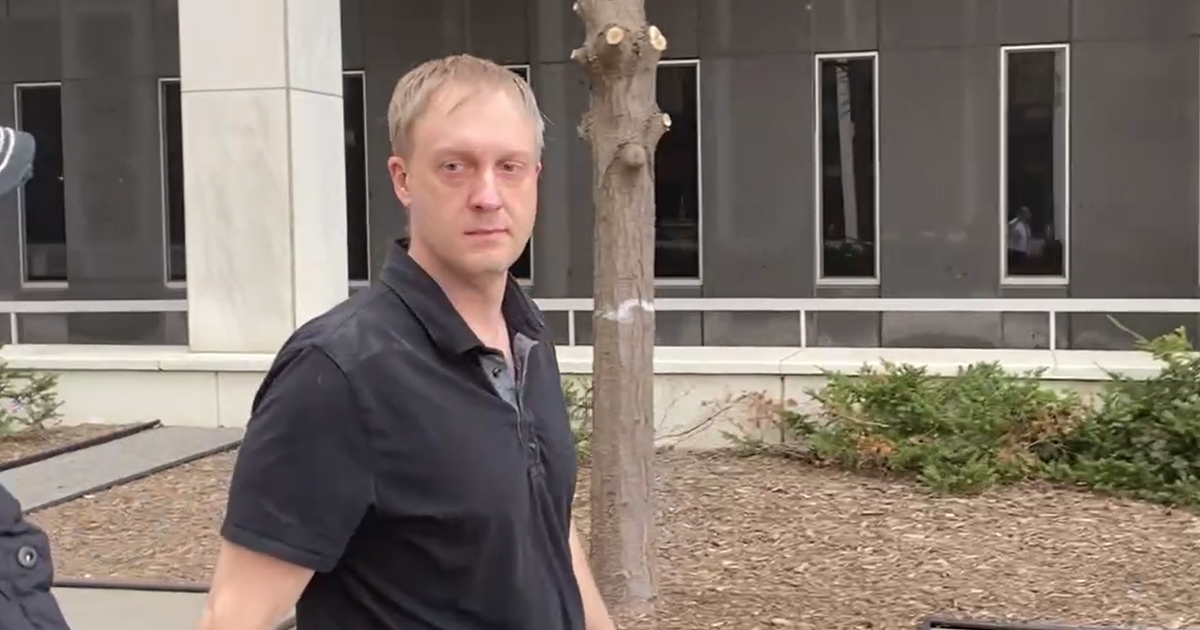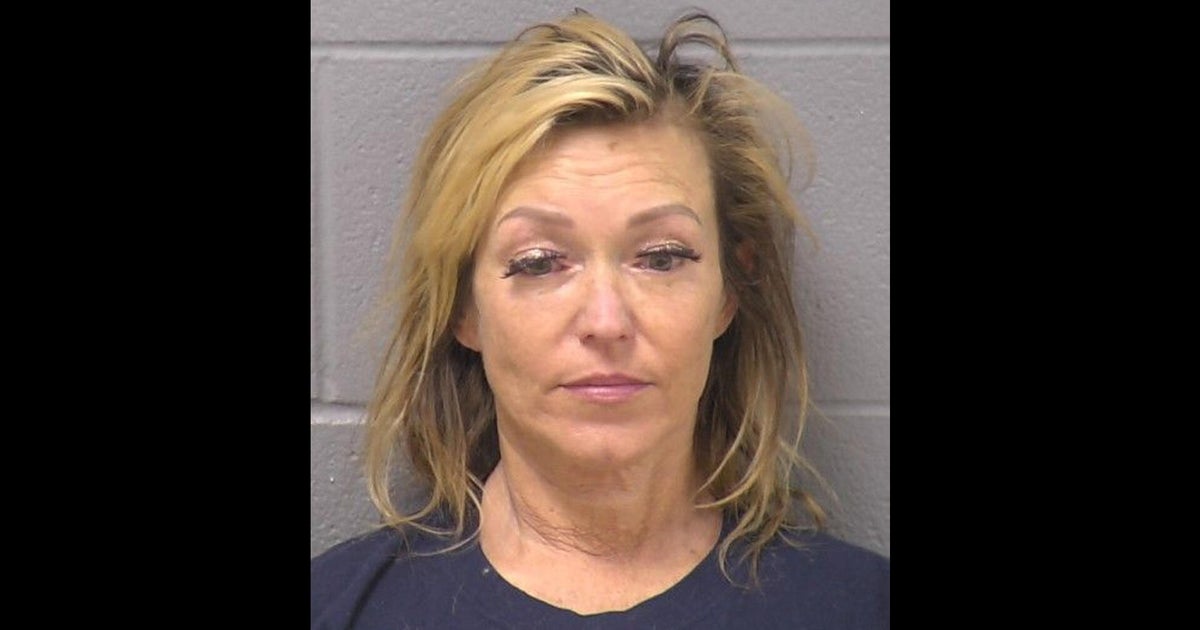Karen Read's argument to dismiss charges an "uphill battle," experts say
DEDHAM - Karen Read's newest attorney - Martin Weinberg - will argue a motion to dismiss two charges against her Friday afternoon in Norfolk Superior Court in Dedham, Massachusetts.
According to multiple affidavits filed by defense attorneys, jurors from Read's first trial have contacted them to inform them that the jury was "unanimous" on "not guilty" for two of Read's three charges: second degree murder and leaving the scene. As a result, Read's attorneys argue those charges should be dismissed under the constitutional premise of double jeopardy: that someone can't be tried twice once acquitted for a crime.
However, the jury never filled out forms here that would legally acquit Read of the crime. Rather, they informed the judge they were "hopelessly deadlocked" and did not specify on which charges.
Experts who spoke with WBZ-TV call Read's attorney's claims "novel," "unprecedented," and "an uphill battle." Typically, once a jury is dismissed, whatever outcome happened is final and the jury will not be recalled.
Read's lawyers claim that for two reasons, the judge should dismiss the charges against Read.
Claim that mistrial was invalid
They say the mistrial was invalid because attorneys were not given the opportunity to object to it before the judge declared it.
"It's settled law that a hung jury can be a valid basis for a mistrial," Suffolk Law Professor Chris Dearborn said. "You have to show that there's manifest necessity," he explained.
"The defense had a right to be able to say, 'wait a minute, we object to there being a mistrial at this point in time," added CBS News legal analyst Rikki Klieman.
Information from jurors after trial
Read's lawyers say she was acquitted on two charges based on information from jurors, despite the fact that the jury did not submit forms for an acquittal.
"They could have, if 12 of them agreed, checked the box of not guilty, but they checked no box on any page," Klieman explained. "Double jeopardy is a foremost constitutional right. We do not try people twice for a crime if they have been acquitted. I understand that the jury didn't check the box. But if they came to a verdict, aren't we really arguing form over substance here unless we hear from these jurors?"
Will the jury be called back?
Some experts say it would be highly unlikely that a judge would ever call back a jury that had been dismissed to question them.
"When judges have been allowed to inquire of jurors, it's been because of some sort of misconduct that was alleged on behalf of a juror, not that they may not have reached the right verdict, or whatever, and here there's never been an allegation that jurors did anything, any sort of misconduct," Dearborn explained.
However, Klieman believes calling the jury back would be the right thing to do.
"I think it's unusual, to say the least, particularly in a case where you don't have a verdict where you have a hung jury," she explained. "We have certainly seen cases around the country where jurors have been called back after a verdict, when there's a question of misconduct. So here it's not a question of misconduct. It's a question of confusion."
Chance of appeal to Supreme Judicial Court
All experts with whom WBZ spoke agree it's likely that this issue could be denied - then appealed. There's a chance it could be appealed up to Massachusetts' highest court - the Supreme Judicial Court - which has the power to create new law rooted in the state's constitution.
It's a "long shot," Dearborn says. "The [SJC] could say our state constitution, for example, provides greater protection in this arena, and that this is an example, where a judge should have inquired about what the jury decided."
There is no clear answer as to who could or should have inquired if the jury was hung on one or all charges in this case, and experts believe it's a situation where legal semantics are getting in the way of what is considered fair or just.
"I think that highlights the tension here between what really feels wrong and unjust to us, assuming it's factually accurate, and what the law actually allows at this moment," Dearborn said.
Retrial in January 2025
Even if the court doesn't drop charges based on new information - if it is confirmed by all 12 jurors - the prosecution could choose to move forward with a retrial without these charges.
"There are enough legal experts who would say that if the goal of a prosecutor is to do justice, that, under the circumstances of this case, that they should go forward in January with their retrial, but not go forward on the murder," Klieman said. "Now, that's easy to say. You also have to remember they are dealing with the death of a police officer, which has all kinds of layers of importance to the prosecution."
Litigating the issue of revisiting juror deliberations could be appealed for such an extensive time that it would delay Read's second trial, which is scheduled for January 2025.
A hearing on this issue is on Friday, August 9, at 2 p.m. You can watch it here live streaming on CBS News Boston.
